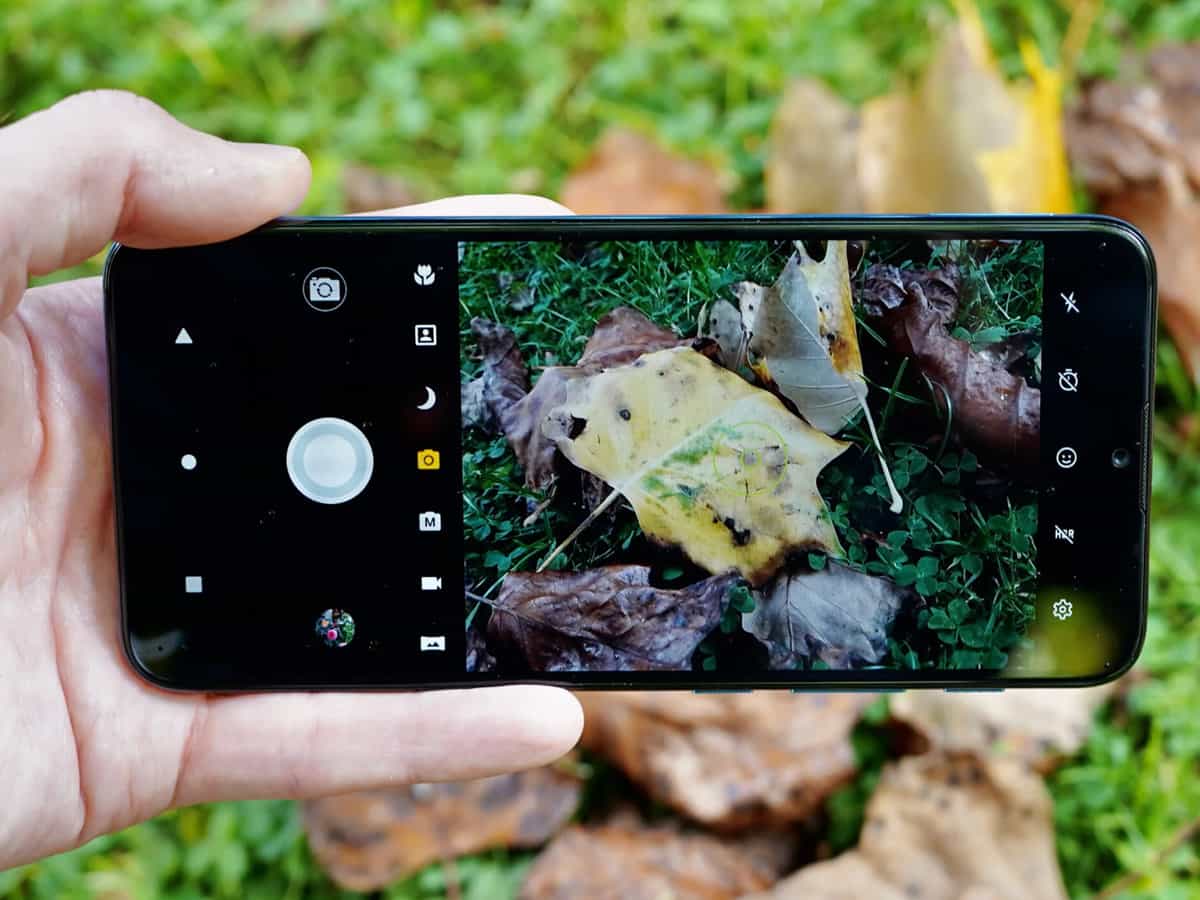New Delhi: Despite supply constraints, smartphones featuring rear main cameras powered by 48MP and above megapixels accounted for 43 per cent of total sales in the second quarter of this year, rising significantly from 38.7 per cent in Q1 2021, a new report has said.
In main cameras on the front, the share of 20MP and above resolutions almost stayed flat (on-quarter) in Q2 2021 due to the decline in sales of high-end models.
According to the latest data from Counterpoint Research, the share of 64MP sensors alone increased 3.5 per cent (on-quarter) to 14 per cent in Q2 2021.
“The 48MP and 64MP have become the mainstream for models priced between $200 and $400, while flagship smartphones resort to large-area sensors to deliver a DSLR-like professional performance, of which 50MP is the most adopted,” said senior analyst Ethan Qi.
Although the share of 108MP fell to 3.1 per cent in the second quarter, the more affordable 0.7Aum-based 108MP sensors continue to spread to mid-range models from OEMs such as Redmi and realme, Qi added.
On the other hand, low-resolution sensors continue to suffer from the demand-supply imbalance, with the price increasing sharply.
For instance, 5MP sensors have experienced more than a 10 per cent increase in cost since the beginning of this year.
Nevertheless, entry-level smartphones (wholesale price below $100) continue to upgrade their rear primary cameras from 8MP and below resolutions to 12MP or 13MP.
“Therefore, the collective share of the 8MP and below cameras shrunk to 5.9 per cent in Q2 2021. With the launches of Samsung’s Z series in August and Apple’s iPhone 13 series in September, 12MP is expected to see significant growth in the second half of the year,” said Alicia Gong, Research Associate.
In September, Samsung further pushed the smartphone CIS (CMOS Image Sensor) industry into the 200MP era with the new ISOCELL HP1 sensor, which is expected to enter flagship models in the coming quarters.
In October, Sony launched the Xperia Pro-I with a 12MP 1-inch rear main camera, aiming to bring consumers a DSLR camera-like photography experience.
“Although mid- to high-end smartphones (wholesale price above $200) will continue to adopt high-resolution and large-area imaging sensors, the upgrade may slow down due to the ongoing component shortages and rising bill of materials (BoM) costs,” Gong said.

